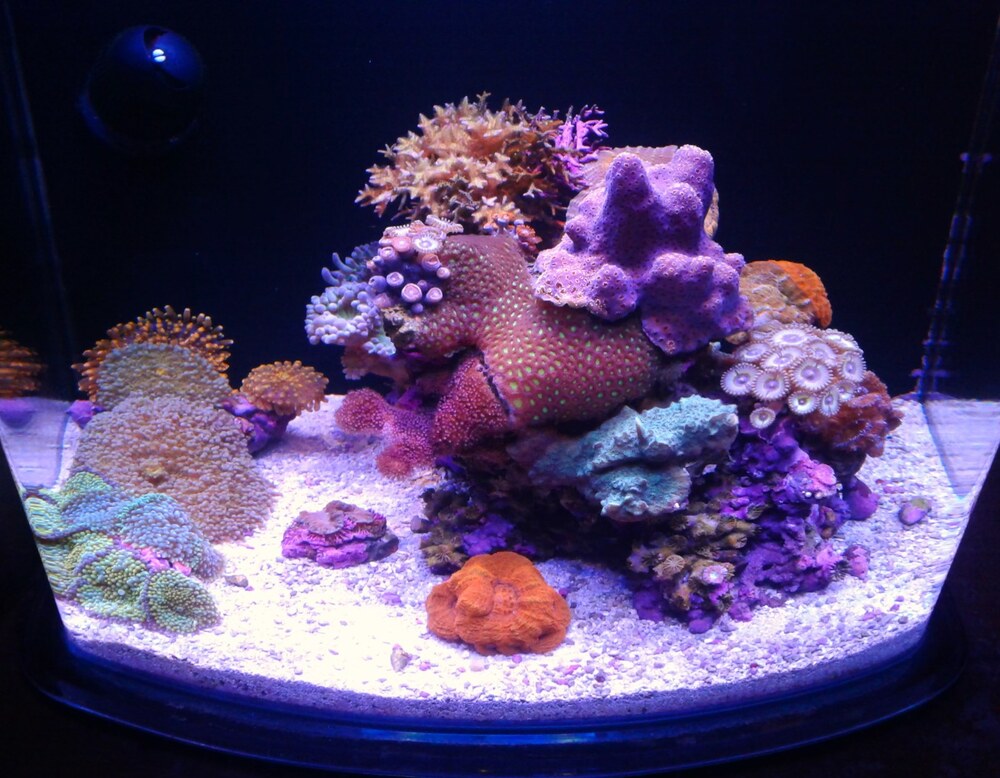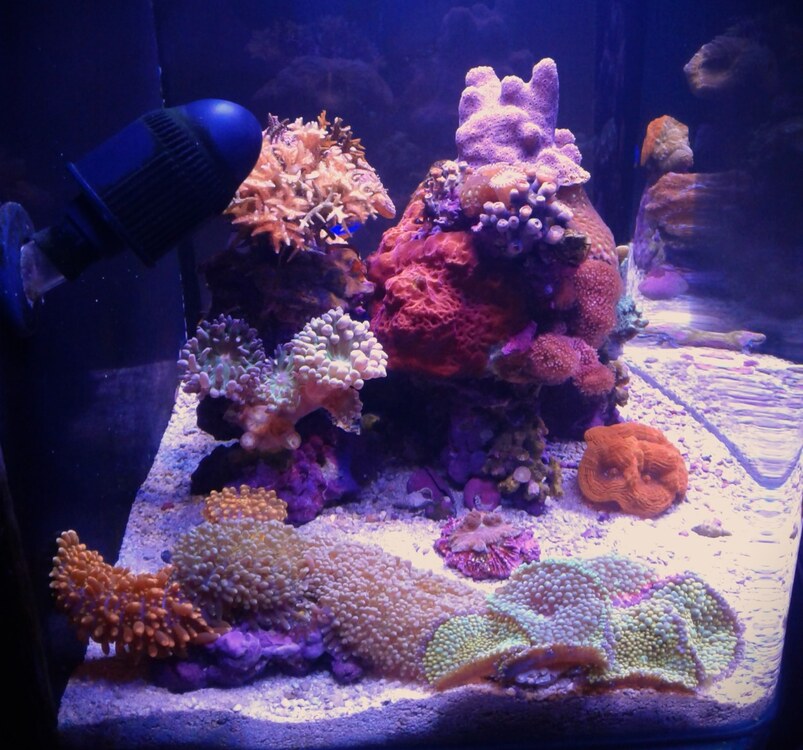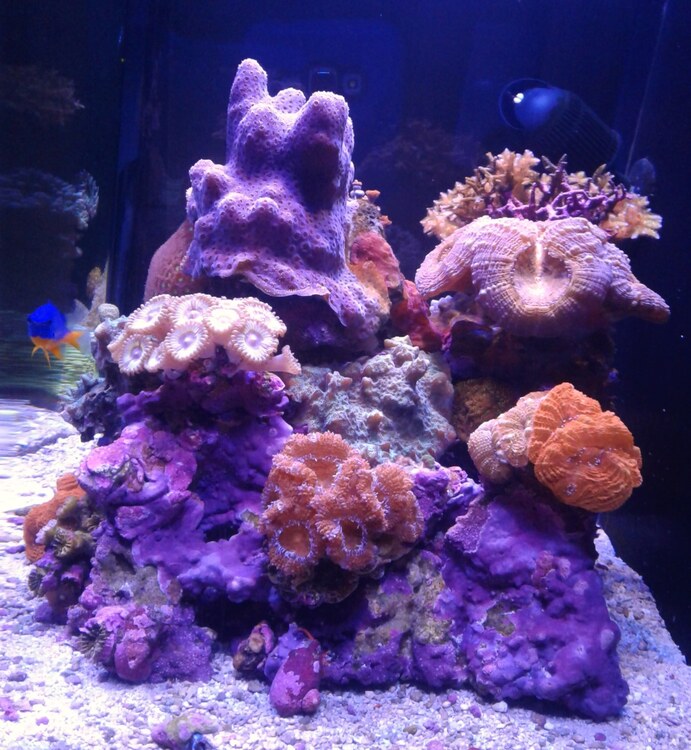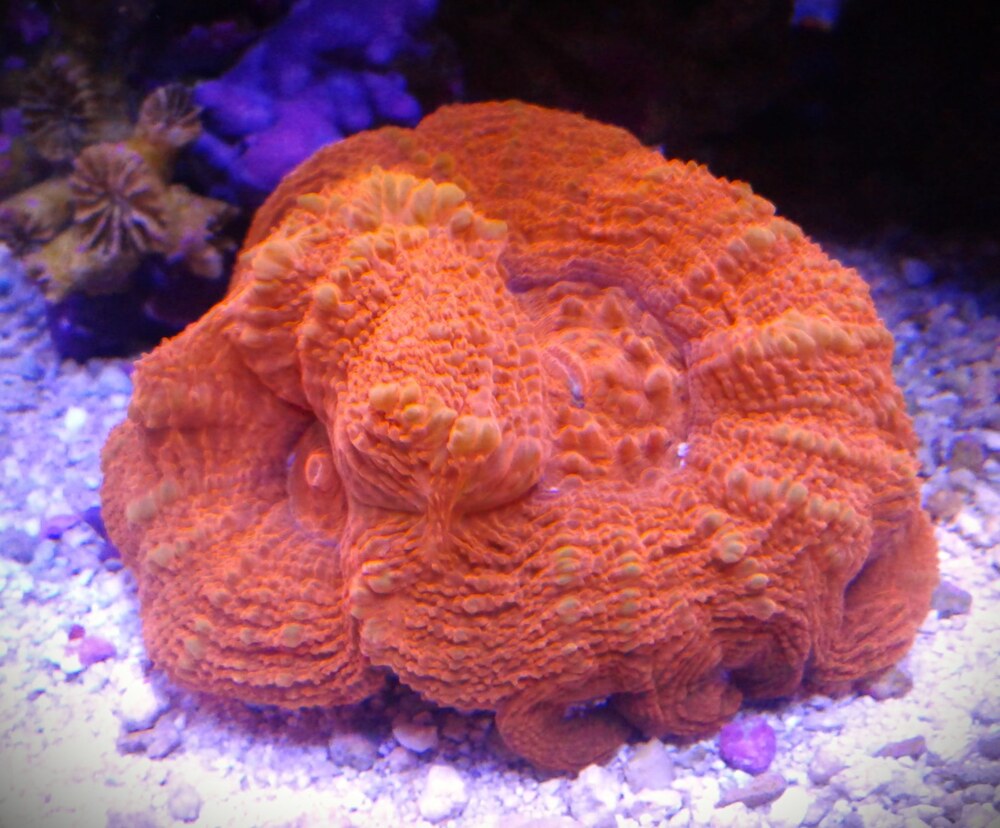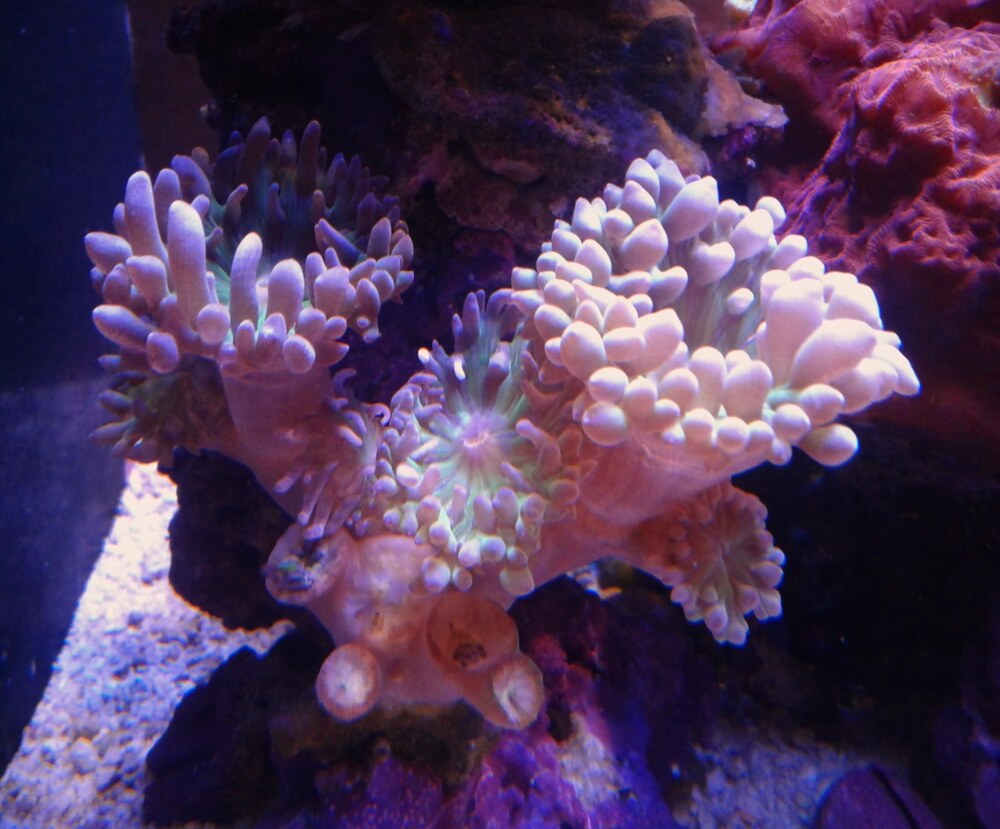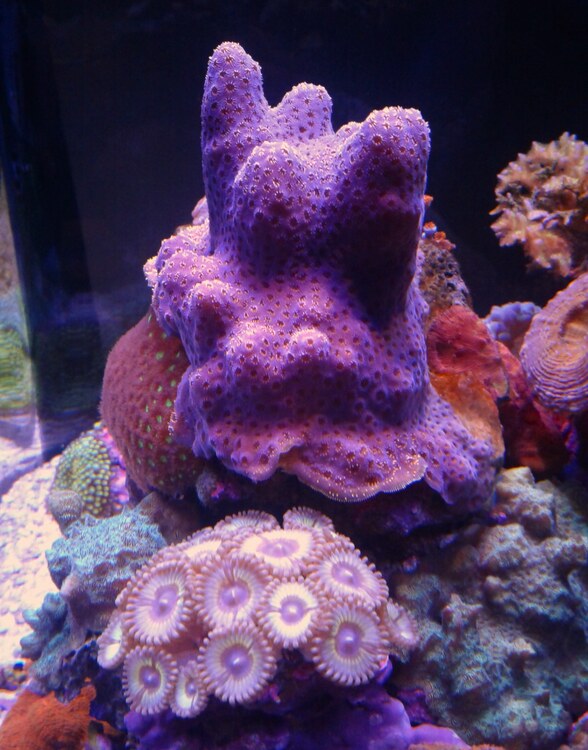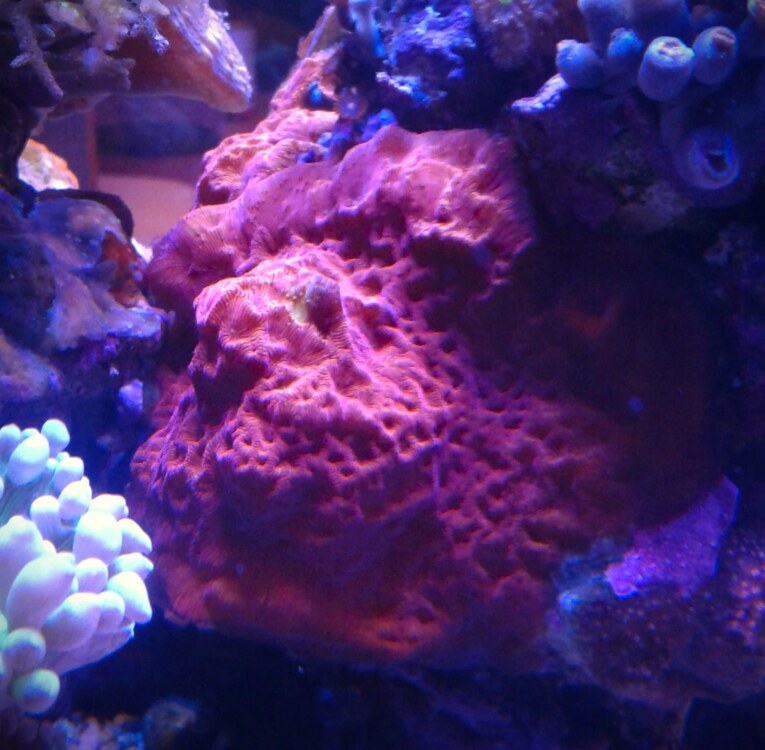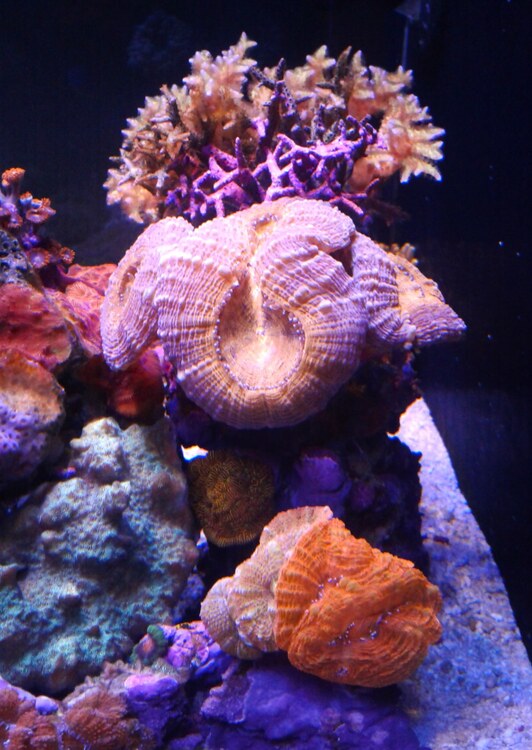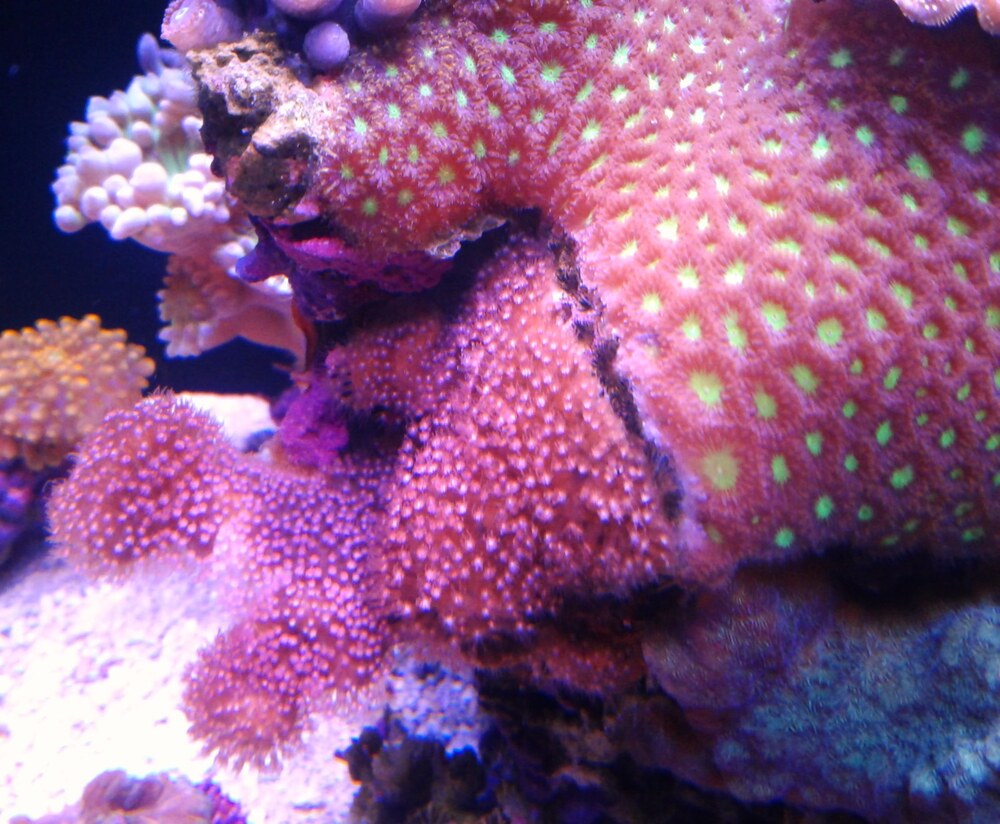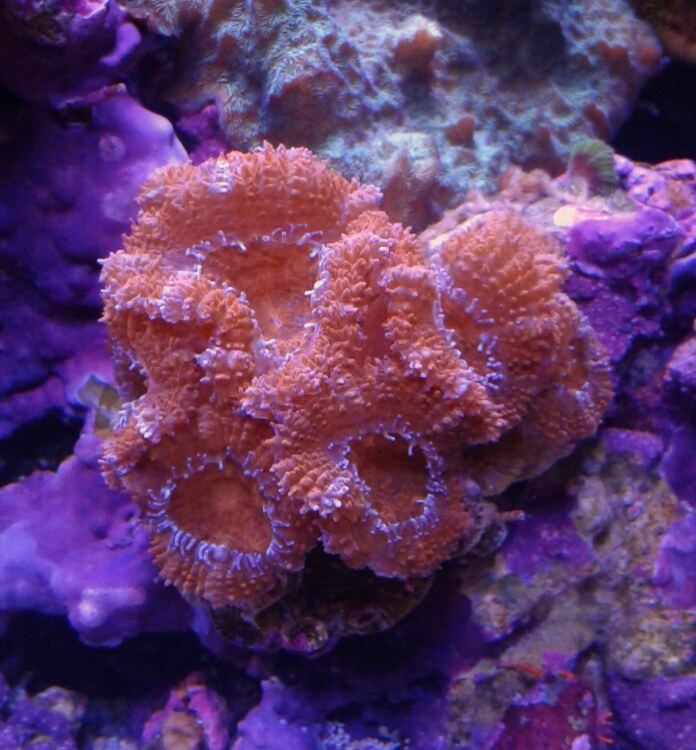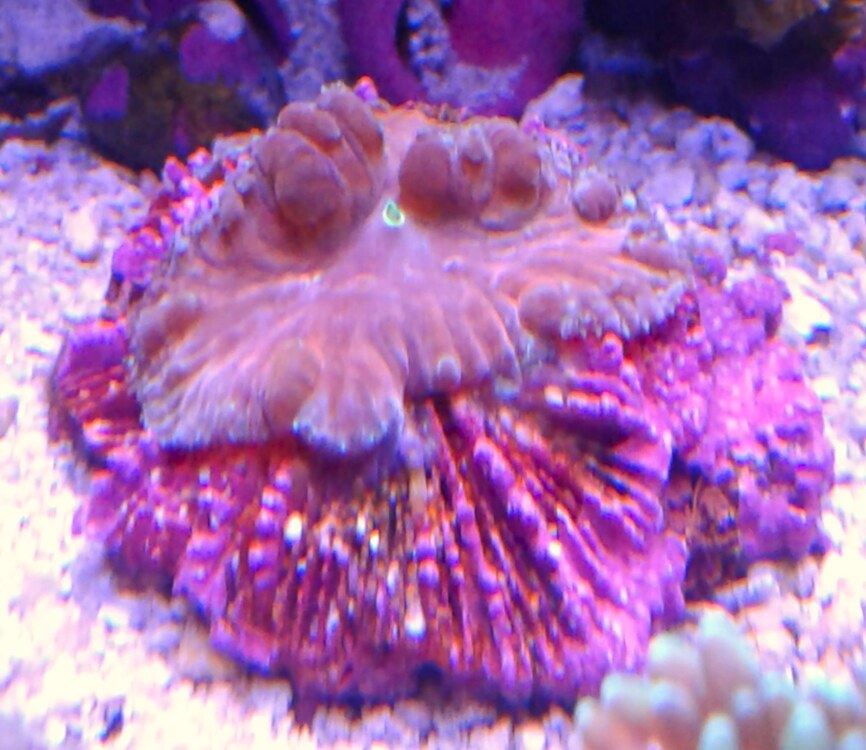I did not realize the air boundary layer was such a source of heat loss. Very interesting.
As ripples are created the area of the surface layer boundary increases...and so does the opportunity to lose heat to the colder surrounding air. How significant this heat loss would be would depend on the size of the ripples, the duration, etc. Add to that the fact that the air being pumped into the system is typically colder than the aquarium water and one can see the issues (talking about cooler climates and times of the year here, not the summer or the tropics).
To my way of thinking, anything that can be done to retain the initial heat in the system (while not negatively impacting the oxygenation level) is top priority
Last edited:








